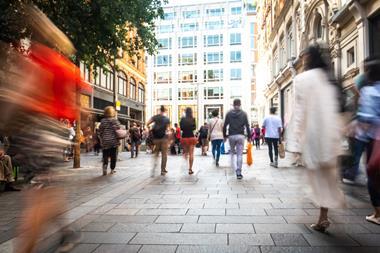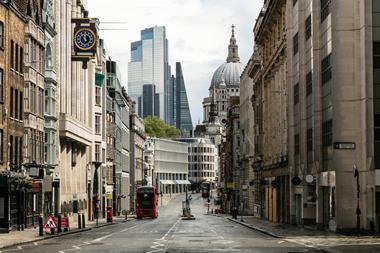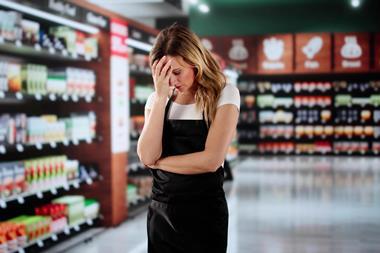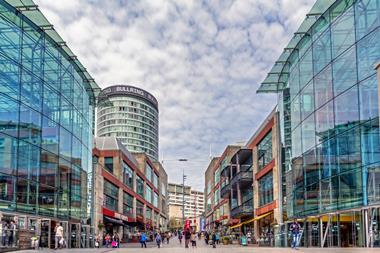Inflation has hit its highest rate in 40 years as soaring energy bills pile further pressure on consumers.
The Consumer Prices Index (CPI) jumped to 9% in the year to April, up from 7% the previous month, according to data from the Office for National Statistics (ONS).
The figure marks the fastest rate of inflation since records began in 1989 – and the ONS estimates it is the highest since 1982.
The increase in the price cap on energy bills, which jumped more than 50% for the average household at the start of April, was attributed as the primary driver of spiralling costs.
Brits are facing a cost of living crisis as utility bills spiral and the rising costs of gas, oil and raw materials also feed through into prices at the shelf edge.
Retailers are battling to keep prices low for hard-pressed shoppers, but the likes of fashion giants Primark and Next have admitted that price increases in certain areas have become an inevitability.
ONS chief economist Grant Fitzner said: “Inflation rose steeply in April, driven by the sharp climb in electricity and gas prices as the higher price cap came into effect.
“Around three-quarters of the increase in the annual rate this month came from utility bills.
“We have also published new modelled historical estimates today which show that CPI annual inflation was last higher 40 years ago.”
Chancellor Rishi Sunak said: “We cannot protect people completely from these global challenges but are providing significant support where we can, and stand ready to take further action.”
But this morning’s inflation figures sparked fresh calls from Labour for Sunak to put a package of financial help in place for those feeling the pinch.
Shadow chancellor Rachel Reeves said this morning’s figures were “a huge worry for families already stretched” and insisted: “We can’t wait any longer for action from this out-of-touch Government.”
The British Chambers of Commerce (BCC) warned that “unprecedented” inflation could spark a recession later this year.
BCC head of economics Suren Thiru said: “The marked acceleration in the headline rate in April reflected the continued upward pressure on prices from surging energy and commodity costs, as well as the energy price cap rise and the reversal of the VAT reduction for hospitality in the month.
“The scale at which inflation is damaging key drivers of UK output, including consumer spending and business investment, is unprecedented and means there is a real chance the UK will be in recession by the third quarter of the year.”
British Retail Consortium chief executive Helen Dickinson added: “These higher energy prices, along with a tight labour market, and the huge costs of moving goods around, are impacting all retailers. Food production has been particularly hard hit, with historically high global food prices, rising costs of animal feed, and disruption in supplies as a result of the Ukraine war.
“The Bank of England now expects inflation to top 10% by the end of the year, as many of the rising costs filter down into prices. Retailers are doing their bit to protect consumers by expanding their value ranges and doing all they can to keep the price of essentials down.”
- Don’t miss the best of the week – sign up to receive the Editor’s Choice every Friday


























No comments yet